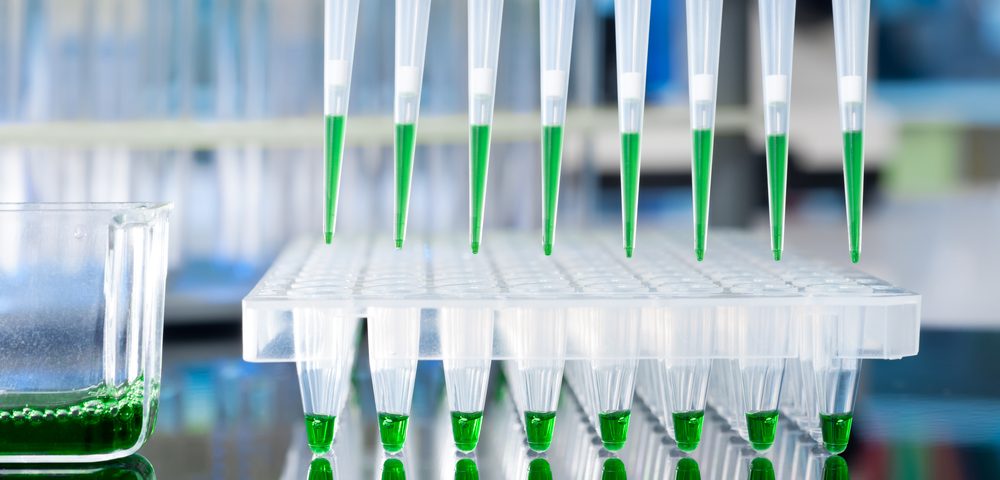Better predicting and monitoring immune-related adverse events in cancer patients being treated with immune checkpoint inhibitors is the goal of a partnership between Institut Gustave-Roussy, a leading cancer center based near Paris, and the German company Protagen Diagnostics.
The collaboration will use Protagen’s SeroTag discovery platform, which detects autoantibodies in patients receiving immunotherapies to help predict treatment response and guide clinical decisions. (Autoantibodies are antibodies or proteins produced by a person’s immune system that, in autoimmune diseases, attack healthy tissue.)
“Although immunotherapies like checkpoint inhibitors have shown great promise for treating those suffering from cancer, response rates for these therapies are still low (often around 10-20%),” Aurelien Marabelle, clinical director of the Gustave Roussy Immunotherapy Program, said in a press release.
“In addition, our efforts to improve therapeutic outcomes via the implementation of combination therapies can increase the risk of the patient developing debilitating and sometimes fatal irAEs” or immune-related adverse events, Marabelle added, and the reason a better understanding of the immunological response in people “before and during therapy” is necessary. “Utilizing Protagen’s SeroTag platform will enable us to ask these questions, and we very much look forward to this collaboration.”
Checkpoint inhibitors have the potential to help treat many different types of cancer, but only certain patients respond favorably to them. Developing immunotherapies that effectively treat cancer is a challenge — too little stimulation will be ineffective; too much can lead to severe side effects or irAEs.
Such reactions in patients have led the U.S. Food and Drug Administration (FDA) to stop some immunotherapy cancer trials.
As part of the ongoing Gustave Roussy Immunotherapy Program (GRIP), cancer center and Protagen researchers will use SeroTag to monitor cancer patients, detect irAEs, and conduct comprehensive risk profiling for those undergoing immunotherapy.
SeroTag helps cancer researchers detect autoantibody signatures that work as biomarkers in immuno-oncology, and that may enable the development of more effective immunotherapies.
Autoantibody signatures can provide more accurate patient monitoring and understanding of likely treatment response.
Protagen is also working with companies and cancer centers to test the SeroTag technology and answer particularly troubling questions: why people respond differently to the same immunotherapy, and why an immunotherapy can lead to irAEs in some patients, but not others.
“Our unique SeroTag technology has already demonstrated its ability to stratify patients into homogenous disease subgroups for a number of autoimmune indications, thereby supporting the development of novel therapies,” said Peter Schulz-Knappe, chief scientific officer of Protagen.
GRIP was created to strengthen translational research on new treatments and accelerate immunotherapy development, and to facilitate access to these treatments to larger numbers of patients.
One of GRIP’s components is a pharmacovigilance Registry of Severe Adverse Reactions to Immunomodulatory Antibodies used in Oncology (REISAMIC). This is a nationwide, multicenter registry to collect and evaluate data on suspected adverse events in people treated with immunomodulatory monoclonal antibodies for cancer.


